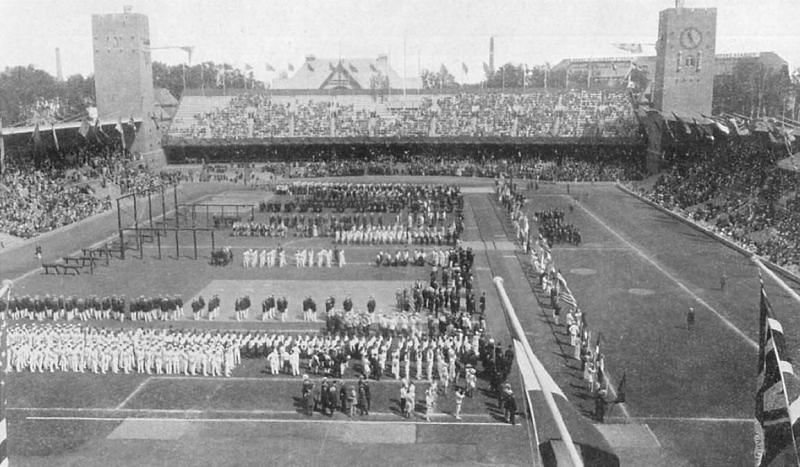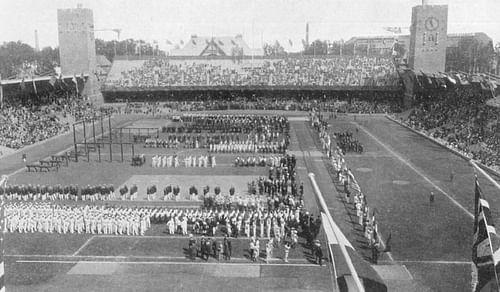
Know Your Olympics: Stockholm Olympics 1912

Following the success of the London Olympics in 1908, the quadrennial event moved further north. For the first time, a city was elected as the host unopposed. Stockholm hosted the fifth edition in 1912.
Like other editions, this one also saw its share of firsts. For the first time, the races were electronically timed. The Stockholm Olympics saw the introduction of a fully automatic timing system developed by Ragnar Carlstedt. Under the system, the timer would be triggered once the starter's pistol was fired, and stopped manually by a timing official allocated for each runner. The system also included a photo of the winner as they crossed the finish line.
These Games also saw the official debut of an Asian team in the form of Japan. When Norman Pritchard made his debut in the Paris Olympics for India, he did it as an individual.
Oscar Swahn, hero of the London Olympics, returned to his native country with a bang. He won a gold medal in the 100m running deer and bronze in the double-shot 100 meter running deer competition. The Grand Old Man of the Games graced the stage one last time at the Antwerp Olympics in 1920 and took home a silver medal.
The grueling rules of the marathon took their toll on participants. A Japanese athlete fell unconscious while Portuguese marathoner Francisco Lazaro died of extreme fatigue and perspiration, becoming the only athlete to die during an Olympic marathon.
The event also underscored the conflict between amateurism and professionalism. American athlete Jim Thorpe became a sensation for winning both the pentathlon and the decathlon. However, his medals were confiscated because it was learnt that he had violated the amateurism rules by playing two seasons of semi-professional baseball before competing in the Olympics. It took 70 years for the International Olympic Committee to realize the error in their ways and restore Thorpe's medals.
Here are some more interesting facts about the Stockholm Olympics of 1912: